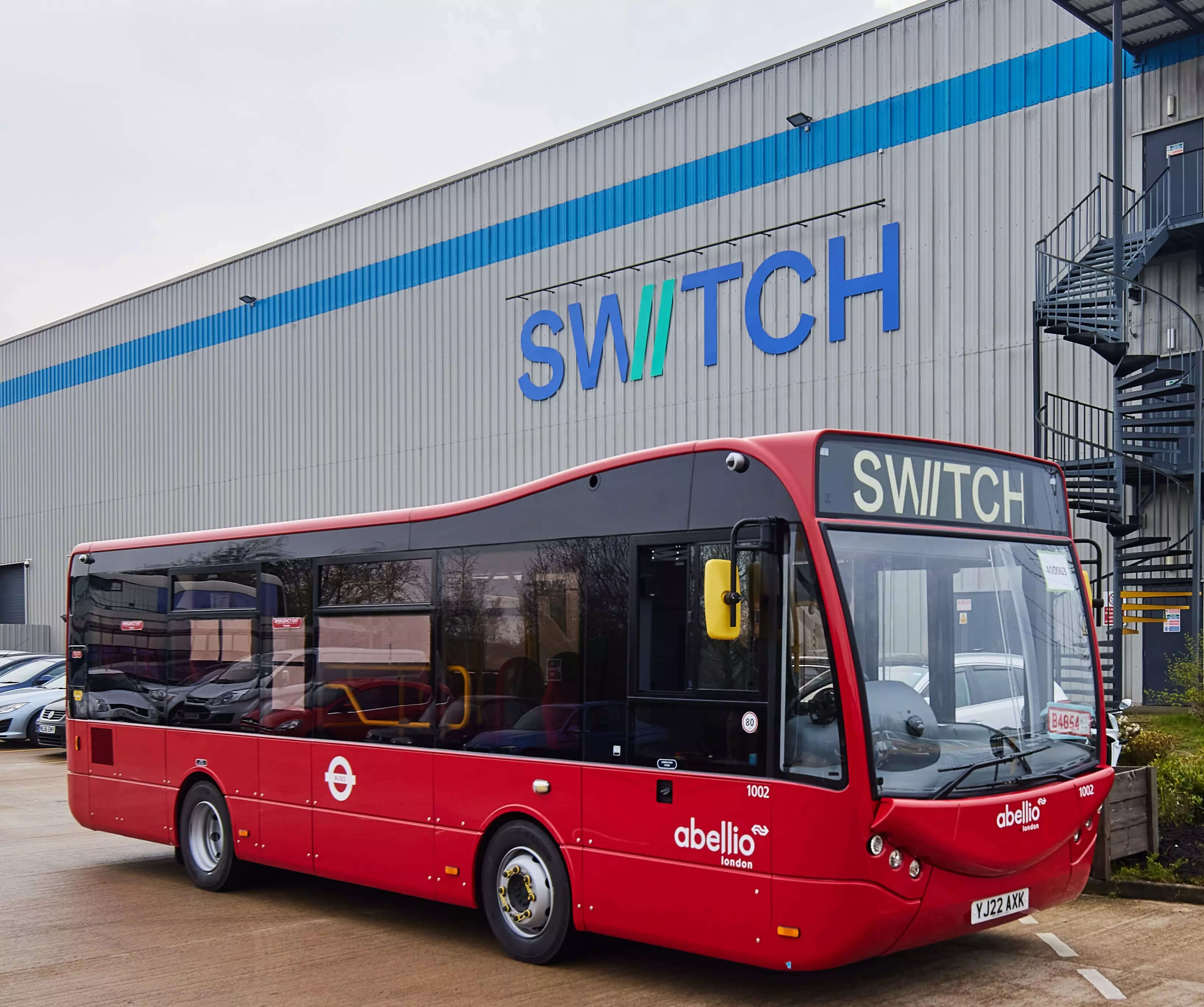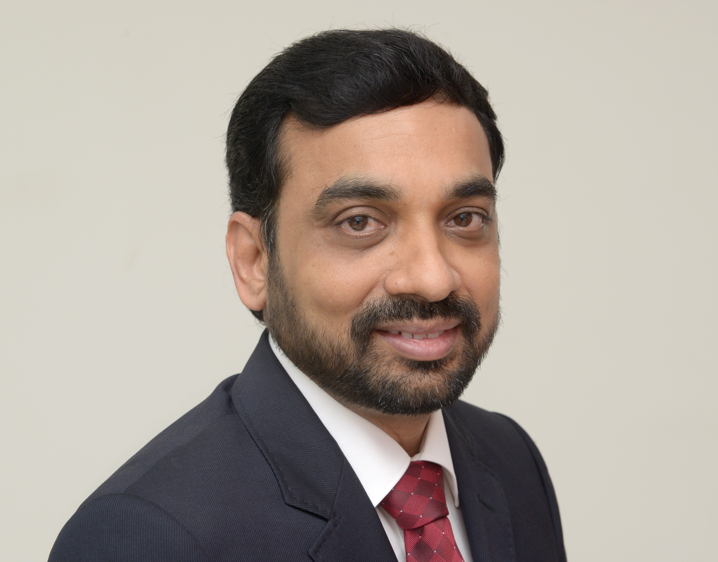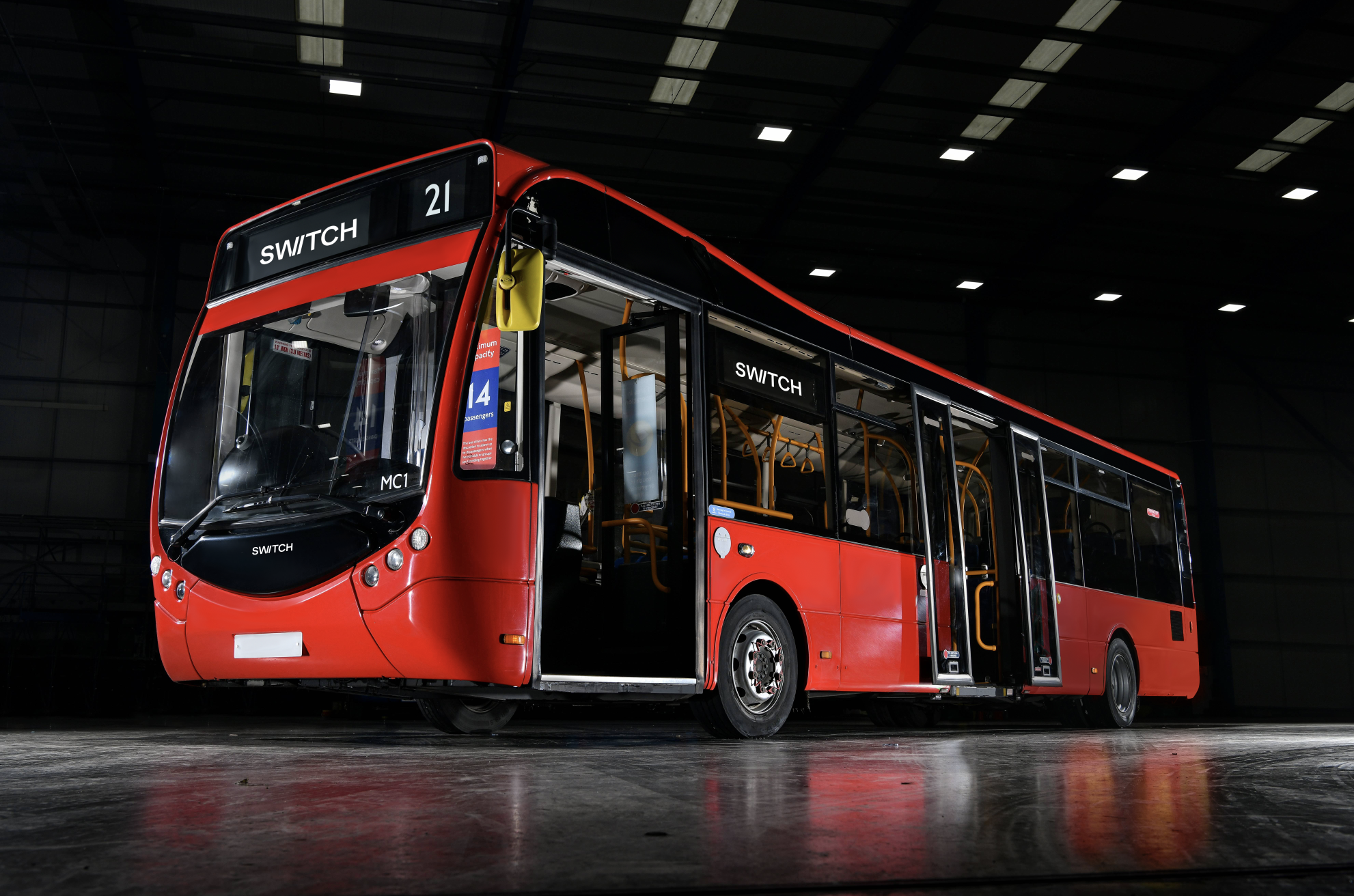
Mahesh Babu, global COO and India CEO of Ashok Leyland-owned electric bus and van maker Switch Mobility, expects India to become the second-largest electric vehicle (EV) market in the world by 2030. With electric buses playing a co-driver’s role in the country’s EV adoption, Switch Mobility wants to be well prepared with an all-new plant by 2025.
“We are exploring many locations (to set up the new plant). We have not yet decided. Our intention is to close it in the next six months,” Babu told ETAuto. The manufacturing facility will roll out both e-buses and light commercial vehicles (LCV).
“The total capacity, to be ramped up in phases, will stand at over 40,000 units with e-LCVs having a share above 30,000. The first of the electric Dost and Bada Dost LCVs is scheduled for launch ‘in early 2023’. CV market leader Tata Motors recently showcased the country’s first electric CV, the ACE EV small truck. “We will not do a soft launch. After the launch we will probably get a ramp-up immediately,” he said.

Switch Mobility manufactures electric buses in a dedicated portion of Ashok Leyland’s Ennore plant. For electric LCVs, it will tap some space in Ashok Leyland’s Hosur plant. The EV manufacturing operations in these plants will be consolidated and moved to Switch Mobility’s proposed new plant once it is ready.
Investment for the plant will be made out of the GBP300 million (over INR 2867 crore) that Switch Mobility has earmarked for investment in the UK and India over the next 5 years. The company will also gain from the Government’s Production Linked Incentive (PLI) scheme as parent Ashok Leyland is among the selected applicants under the initiative to promote local manufacturing by automotive industry players.
An additional investment of GBP100 million will be made in the company’s Valladolid plant in Spain, which saw its ground-breaking ceremony in March, over the next 10 years.
New products, markets
With sales of only a little over 300 buses between the UK and India markets, Switch Mobility has a lot of ground to cover to qualify as a major player in the global market. Building a strong R&D team which in turn can develop competitive products is key.
A larger part of Switch Mobility’s R&D team will be in India. The “established startup” has built a team of 700 people between the UK and India. Over 450 of them, including 250 in the R&D team, are in India, The core engineering work will be done in India, while the UK team based in Warwick will contribute to advanced technologies.
“For example, the UK team is taking the 640V architecture from India and adapting it. The India team is taking the lightweighting knowledge from the UK and adapting to the low floor buses,” Babu said. The core EV architecture and drivetrain system and batteries are developed in India. There’s a team working on batteries in the UK too.
An example of such collaborative engineering will be seen in ‘Project Odin’, a 4th generation bus model scheduled for launch at the European Mobility Expo in Paris next month. Along with a monocoque design, the vehicle will come with the latest NMC battery technology and Switch’s digital tools. Switch Mobility expects the vehicle to be the lightest widely available 12-metre electric bus in the market.
A bigger project will be the 5th generation of ‘Project Odin’. Development work on this grounds-up platform is starting now. “We are also looking at a common platform which will come beyond 2025 where it will be a ground up development across the countries — UK Spain India and across the globe,” said Babu. And a product or two on this platform may have an unconventional form factor and application.
China not part of global strategy, USA may be
Even as the globe is the target, in terms of markets for Switch Mobility, China still doesn’t feature in its global business strategy. “We have no strategy to enter China because we have enough of a market in Europe,” Babu said.
Another major EV market, USA, isn’t part of Switch Mobility’s plans now. but by 2025 it will “rethink” about the strategy for that market. For now, Babu said it’s in talks to enter markets like Japan, Malaysia, Indonesia in South East Asia.
In India, Switch Mobility is among the beneficiaries of the Government’s growing focus on electric buses. From 60 orders when it started operations last year, it now reports an confirmed order book of 600 buses, with a cumulative value of INR 750 to 800 crore, for this year. This lot of order includes 200 units of double decker buses, the electric version of what stands as an icon for Mumbai city. Switch Mobility’s buses may have clocked over 7 million kilometres in India so far, according to Babu.
Orders for 600 or so are in the pipeline. Babu and team would like to bag them and make Switch Mobility a more mainstream player in the Indian market. However, with biggies from China, Europe dominating the global electric bus market, there’s a lot of efforts and investments Switch Mobility will have to make and earn a good drive in key electric bus markets.
Ashok Leyland had already invested USD 130 million (over INR 1,000 crore) in Switch Mobility. Tier 1 major and supplier to Switch Mobility, Dana has made a strategic investment of USD 18 million to pick up a stake in the electric bus and van maker.
















